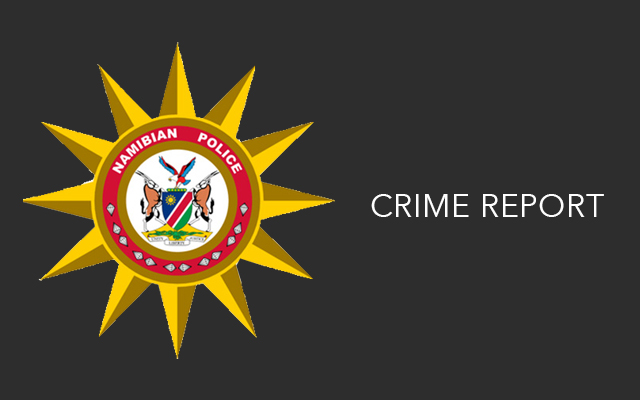The Roads Authority (RA) in 2021 introduced written learner’s licence tests in several local languages at all NaTIS centres countrywide.
However, the practice has been put on hold due to low demand, says RA spokesperson Hileni Fillemon.
Fillemon yesterday told The Namibian the project was introduced as a pilot project in 2021 to test the demand from the public.
“The demand was very low due to the unavailability of learner study guides/materials in the different vernaculars. Therefore, a decision was taken to put the testing of learner licences in indigenous languages on hold until a solution for the study guides is found,” she said.
The optional languages offered were Afrikaans, Nama/Damara (Khoekhoegowab), Otjiherero, Oshiwambo (Oshikwanyama), Rukwangali and Silozi, while English remained the primary medium countrywide.
She said the RA does not develop study guides. but will engage the relevant stakeholders to find a workable solution.
Only 10 or less applicants have written learner’s licence tests in local languages.
Namibia currently has 373 678 licenced drivers, Fillemon said.
She urged non-licenced motorists to refrain from obtaining licences illegally.
“Those who are using our national roads without a valid driving licence are hereby advised to visit a NaTIS office and follow the proper process to obtain a learner’s licence and then a driving licence,” she said.
Operating a vehicle on national roads without a valid driving licence is not only illegal but also poses serious risks to yourself, passengers, and other road users, and doing so can result in fines, vehicle impoundment, or even legal action.
Windhoek City Police spokesperson superintendent Marcelline Murapo says according to the Road Traffic and Transport Act, no person shall drive a motor vehicle on a public road unless he or she carries a licence or document, or a temporary authorisation with them in the vehicle while driving.
Failure to do so may result in the driver being fined N$1 000.
If you have a licence, however, and fail to have it with you, the fine is N$500.
Stay informed with The Namibian – your source for credible journalism. Get in-depth reporting and opinions for
only N$85 a month. Invest in journalism, invest in democracy –
Subscribe Now!










